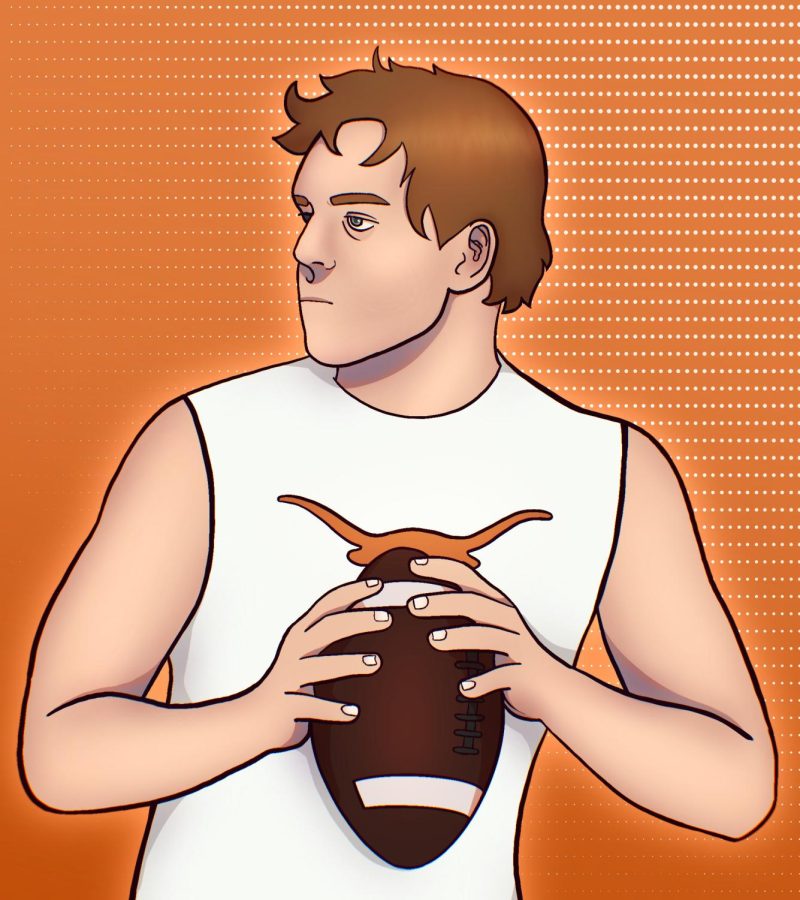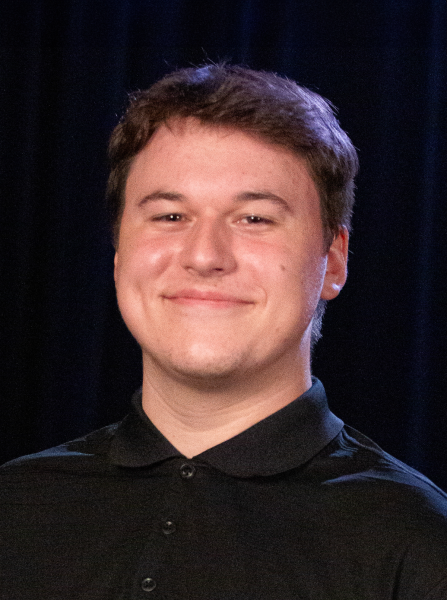NCAA hopes NIL will cover up dark past
Even before it was allowed, student-athletes have been making money
Archie Manning received $280,000 from University of Texas for one weekend visit. A practice that is common in college football.
October 12, 2022
On June 17, 2022, Arch Manning, a five-star quarterback recruit, landed in Austin, Texas for his official Texas Longhorn visit.
With his last name and talent, he is one of the most highly touted recruits in recent memory and University of Texas understood that. They brought out the checkbook and spent more than $280,000 over a single weekend to impress him, according to The Athletic.
That money went to things outside of the attempt to bring him in for football, things such as a limitless bar for the parents and a paid trip to several places in Austin to try to prove that the Mannings would be treated as family and treated well.
Schools will always shell out large sums of money to convince players to come to their school and now with NIL, players will be even more likely to go to bigger market teams to maximize the amount of money they can make on their likeness.
However, many players have already been paid for going to certain schools, even when it was not legal.
Several notable instances have come out of schools paying huge amounts of money to players to come to their school, all completely under the table. Whether it was in lavish gifts to the players directly, gifts to the parents or even just giving the players straight up cash, college football players specifically have been making money for years.
Some of the scandals include: Reggie Bush giving back his Heisman Trophy after it was found that he received $300,000 in gifts at USC, Ohio State football players selling championship rings and a former agent revealing that he got 30 college players paid.
But, one of the biggest scandals was that of Laremy Tunsil. On the day of the 2016 NFL Draft, a video was leaked of Tunsil smoking out of a bong gas mask. It was an act of sabotage that paved the way for it to be revealed that he had been paid by people known as “bag men.”
A bag man is someone who is actually paying the recruits in gifts and cash to “convince” them to come to specific teams.
With the introduction of NIL, the “art” of the bag men and the illegal doings of many of the top college programs is no longer necessary.
Major-market teams can use that distinction as a selling point to recruits, as they have the best resources and the most opportunities for players to make money off their likeness.
Less than major-market teams also have several opportunities. WSU has opened a local NIL marketplace that has the intention to maximize the potential for players and Cougar athletes to make the most amount of money based on their likeness.
The goal of the NIL marketplace, which is powered by icon source, is to connect athletes and brands and “make the athletes as much money as possible in their short time at WSU.”
WSU has also partnered with the brand INFLCR and is educating the athletes on the power of NIL and how to maximize their potential.
Athletics Director Pat Chun called the environment and opportunities available at WSU “one-of-a-kind” and he is excited to positively impact the financial capabilities of the student-athletes at the university.
It is something that has already been seen as being successful. As several WSU athletes were at a card show where they sold their autographs and earned 100% of the proceeds.
One of those athletes who sold their autograph was football star Ron Stone Jr., who 2021 said, “I’m excited for what the future holds, but I’m still not exactly sure what is to come.”
With Title IX being in an anniversary year and with NIL being a major talking point, many people held hope that the opportunities for athletes to make money off brand deals would be equally divided and not heavily dominated by college football players.
“I think right now I’ve seen a huge push for women’s sports and the unfairness in the difference between men’s and women’s sports,” WSU volleyball player Karly Basham said.
Even with the social awareness and push for equality that Basham is referencing, in practice, there has not been much change, as 50% of total NIL compensation was given to football players, according to Business of College Sports.
WSU Athletics understands the lack of equal representation with NIL and is striving to give equal opportunities among the athletes, recognizing that many of the athletes of women’s sports are just as recognizable as the football players.
WSU will hold the first NIL town hall on Monday that will feature coaches such as Jake Dickert, Kamie Ethridge, Kyle Smith and Jen Greeny as well as a student-athlete panel.










